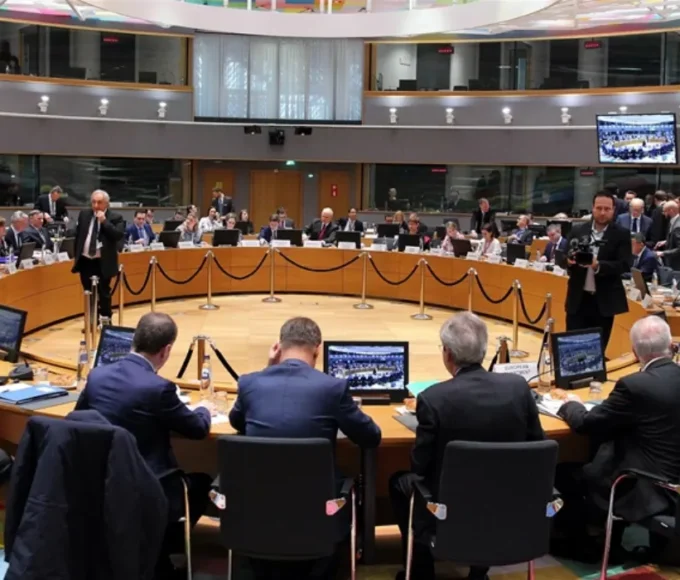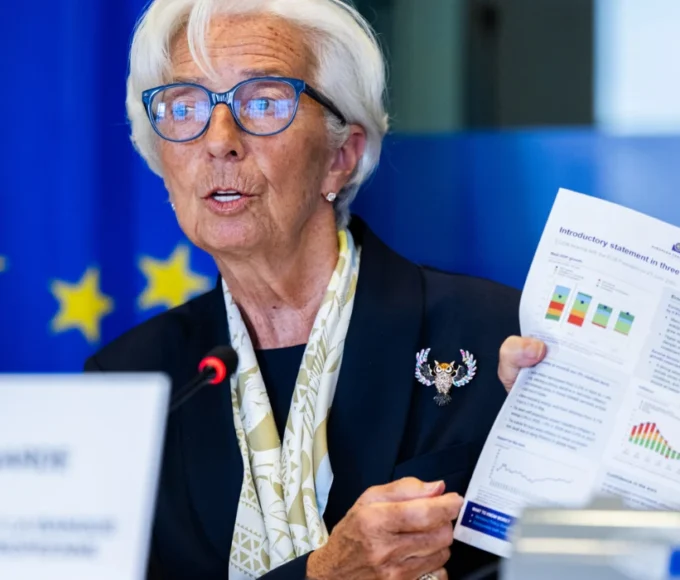The European Union’s efforts to curb the flood of cheap imports from Chinese platforms Temu and Shein are being widely criticized by European shoemakers and producers as inadequate. Despite recent regulatory proposals aimed at tightening customs checks and introducing handling fees, industry stakeholders warn these steps fall short of addressing the deep-rooted challenges posed by ultra-low-cost cross-border e-commerce.
Surge in Low-Value Imports from Temu and Shein
In 2024, the EU faced a surge in low-value parcel shipments, reaching 4.6 billion parcels—equivalent to roughly 12 million parcels daily—with 91% originating from China. Platforms like Temu and Shein are major contributors to this volume. These shipments mostly fall under the EU’s €150 duty-free threshold, exempting small parcels from import duties and enabling these retailers to undercut local producers and sellers.
Typically, product categories such as clothing attract a 12% import duty, but the exemption creates an uneven playing field for European manufacturers and sellers who must meet regulatory and tax obligations. The doubling of these imports from the previous year has overwhelmed EU customs capacity, which has not expanded sufficiently to manage the growing flow effectively.
EU’s Regulatory Response and Proposed Measures
The European Commission has announced tightened customs checks and greater responsibilities for e-commerce platforms regarding product safety and compliance. Specifically, Temu and Shein are being held liable for the sale of unsafe or hazardous products found on their platforms, mirroring recent U.S. actions that ended similar duty exemptions for low-value parcels from these companies.
To mitigate the cost burden on customs authorities and discourage uncontrolled imports, the EU is proposing a handling fee of €2 per small parcel sent directly to consumers, with a reduced €0.50 fee for warehouse shipments. This aims to recoup the administrative expenses arising from the import surge. These handling fees would apply to e-commerce platforms facilitating direct-to-consumer sales.
Moreover, the EU plans to use advanced e-surveillance tools under a new initiative called the “product safety sweep,” empowering member states to pre-assess product risk before shipment. The Commission also urges member states to accelerate reforms that would abolish the €150 duty-free exemption entirely, with expected implementation by 2027 or later.
Shoemakers and Industry Criticism
Despite these initiatives, shoemakers and other European producers argue that the measures are far from sufficient. They stress that:
- The €150 duty-free threshold remains in place for now, allowing continued duty-free invasion of low-value goods undermining local markets.
- Handling fees, while useful, do not fundamentally solve the problem of regulatory evasion and price undercutting.
- Chinese platforms exploit preferential postal rates and weak enforcement to flood the EU market with cheap, low-quality goods, pressing European shoemakers who face higher production, labor, and compliance costs.
Shoemakers claim this imbalance hampers fair competition and endangers sustainability, consumer safety, and product quality standards upheld by European companies. They highlight that local businesses struggle against international players who benefit from trade loopholes and minimal control.
Commission’s Position and Industry Dialogue
European Commission officials, including Technology Chief Henna Virkkunen, emphasize the goal of fostering a competitive e-commerce ecosystem that prioritizes consumer safety, environmental responsibility, and regulatory compliance. The Commission is actively investigating Shein for possible breaches of EU consumer protection laws, and it continues dialogue with Temu regarding concerns under the Digital Services Act.
Temu and Shein have expressed varying degrees of cooperation with regulators. Shein pledged ongoing collaboration with consumer protection agencies and compliance with EU standards, while Temu’s response remains under evaluation.
The Commission’s proposed customs reforms include preparation for an EU Customs Authority, advanced data hubs for better e-commerce oversight, and coordinated inspections across member states.
Broader Implications and Future Outlook
Industry analysts warn that recent U.S. tariffs and regulatory changes have pushed Temu and Shein to pivot their strategy toward Europe, intensifying regulatory scrutiny. While European sales for these platforms have grown substantially—with Temu’s EU sales rising 63% year-on-year in May 2025—the challenges of enforcing consumer protection and fair trade standards persist.
Environmental concerns also mount due to the carbon footprint associated with the high volume of small parcel shipments. Some EU policymakers advocate for encouraging centralized warehouse distribution to reduce customs strain and environmental impact.
However, with the full elimination of the duty-free exemption still years away, European shoemakers and other producers remain skeptical about the sufficiency and timeliness of current measures. They continue to push for stronger and faster regulatory action to protect local industries and uphold consumer and environmental standards.
The ongoing discourse reflects the complex balancing act the EU faces in regulating a booming e-commerce sector dependent on global supply chains, while defending domestic industries and consumer safety from the disruptive influx of ultra-cheap imports via platforms like Temu and Shein.









